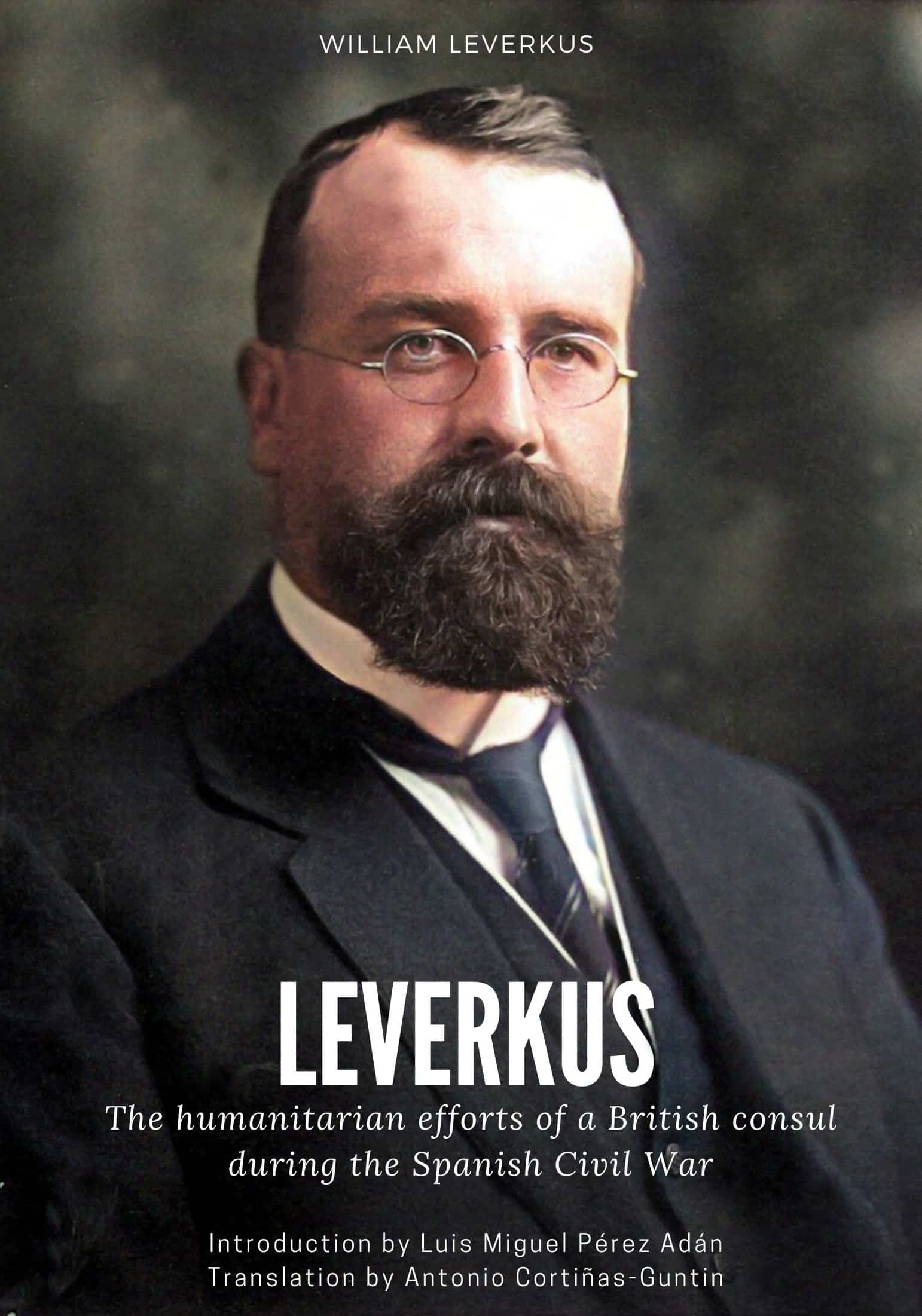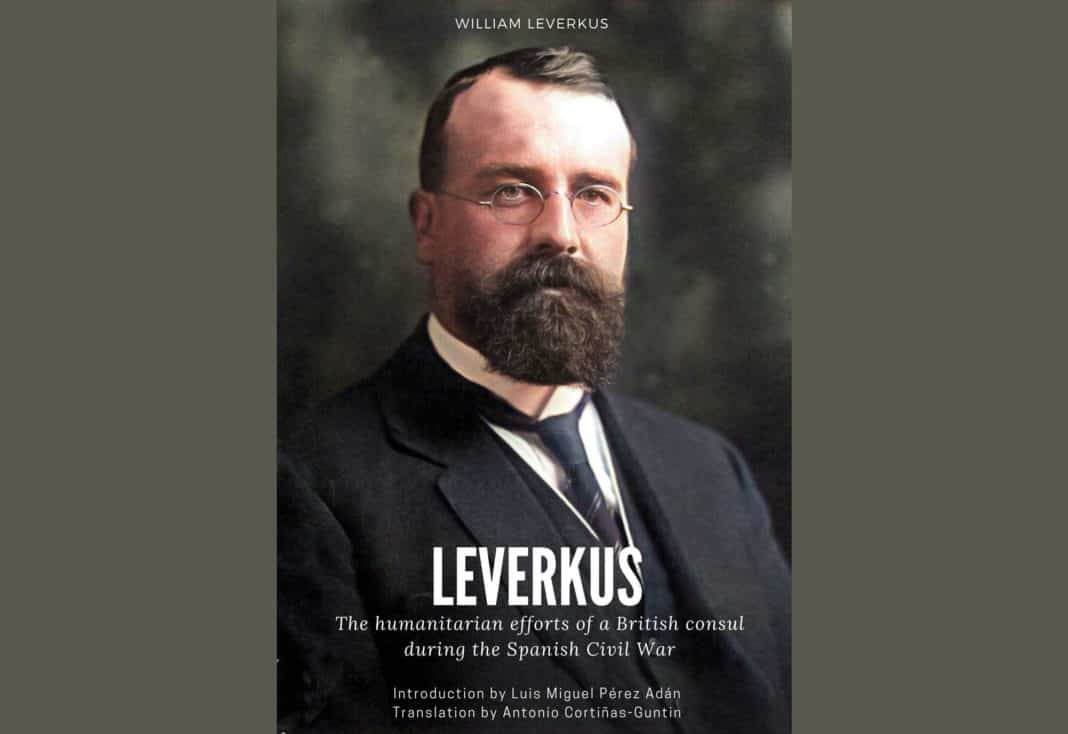By Antonio Cortiñas-Guntin
William Charles Ernest Ferdinand Leverkus was born on 22nd August 1882, in Manchester, England. He was the first son of Otto and Rosalie Leverkus. He was followed by three sisters (Elsie in 1893, Gertrude in 1898, and Dorothy in 1900).
His father was an entrepreneur who in the 1890´s established himself in Cartagena setting up The Cartagena Mining & Water Company Ltd (CM&WC), with offices in London and Manchester. The company installed and operated the supply of water to Cartagena.
After his education, William worked for the CM&WC in Spain and in England. He married Margaret Bergen on December 2nd, 1911. They had four children (John -who died before his first birthday- Vera, Tony, and William Fernando).
He worked and lived all his life in Cartagena until 1967, when he died at the age of 84. Locally he was known as “Don Guillermo”. Since the 1930´s he was the British Vice-consul in Cartagena.
William Leverkus lived during the Spanish Civil War (1936 – 1939) in Cartagena, a small but very important city-port in the Republican rearguard. During the period the professional British Diplomatic Corps was largely withdrawn from Spain. As such the British Foreign Office was dependant on the (non-professional) network of consulates. This was the case with William Leverkus.

Most importantly, “Guillermo” Leverkus wrote a personal diary during those years, day by day. From his diplomatic status, he tells what happens and notes the decisions that he takes. His point of view is different from those of the warring parties and the Spanish population during those terrible years.
With the authorisation and approval of his grandchildren Jill and Peter, I had the pleasure and the privilege of translating into Spanish his diary made during those Spanish Civil War years.
The Cartagena based publisher “Ediciones Nueva Spartaria” has decided to publish not only this translation but also the original text of the diaries in English, simultaneously and in a second book. Both books will be published in November 2021 in Cartagena and in Murcia.
The books will highlight the humanitarian efforts of William Leverkus during those three long years as he helped the persecuted, regardless of their political colours. It is clear to me that he loved Spain.
Although Consul “Guillermo” Leverkus could have left his post and walked out at any time, he decided to “stay and serve”, an indication of the measure and of his unusual and admirable moral stature as a man.
He was awarded an MBE by King George VI in the 1939 New Years Honours List.





